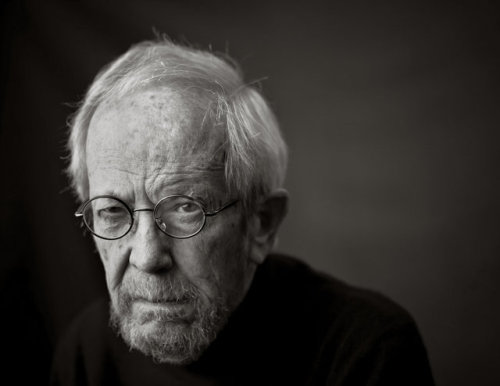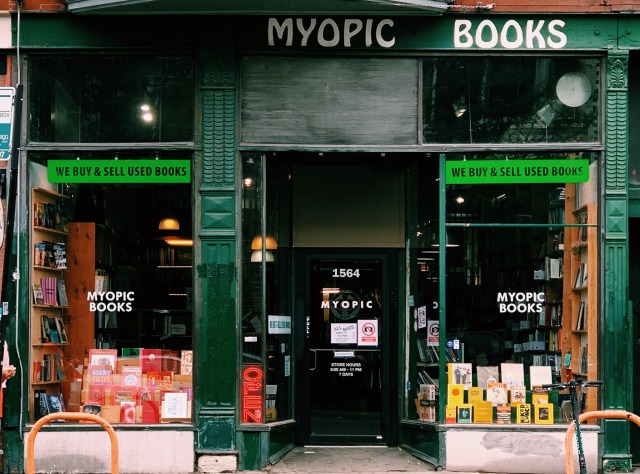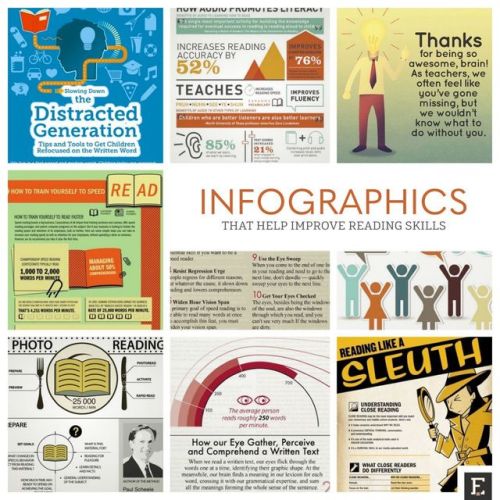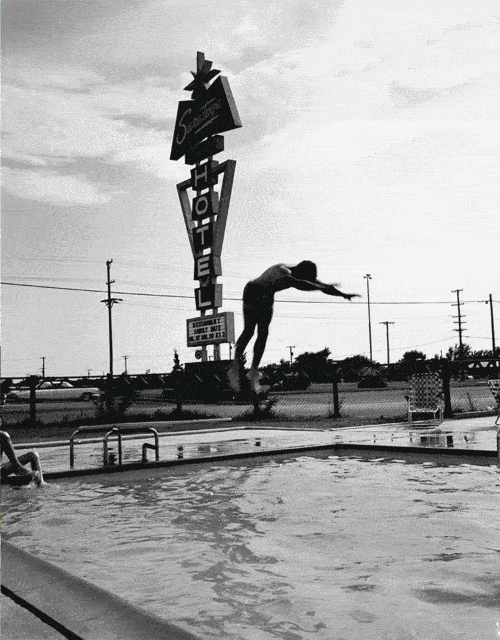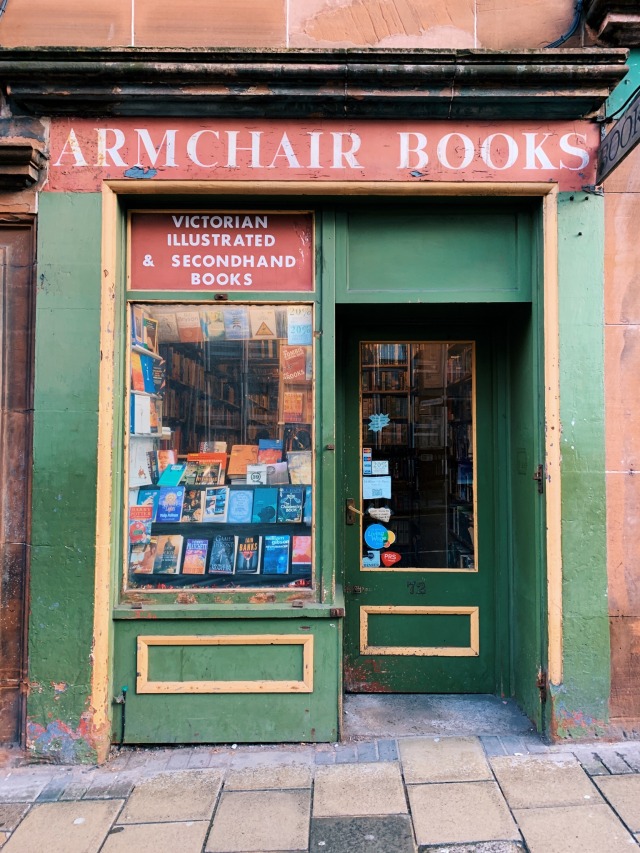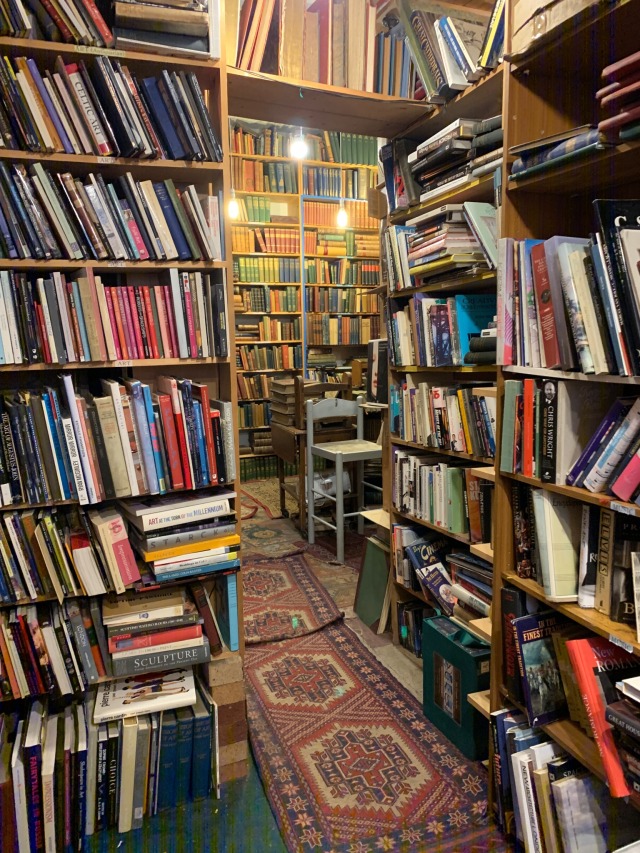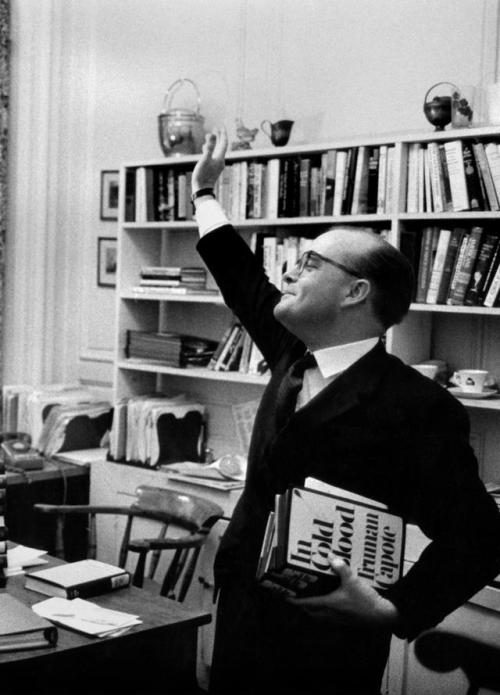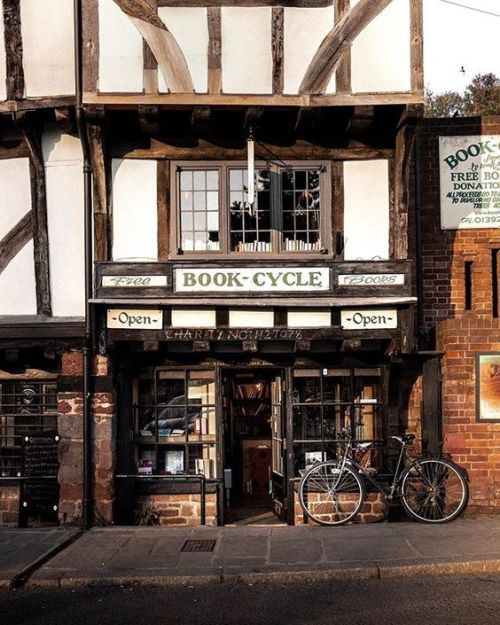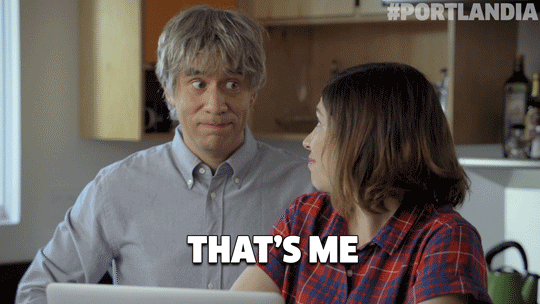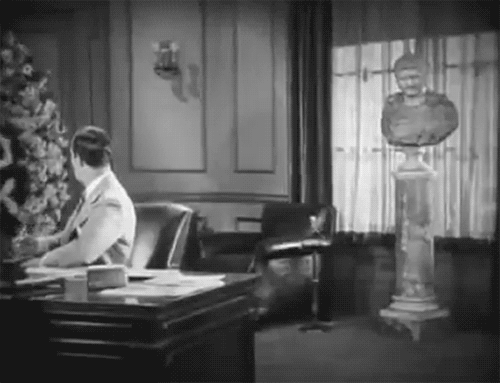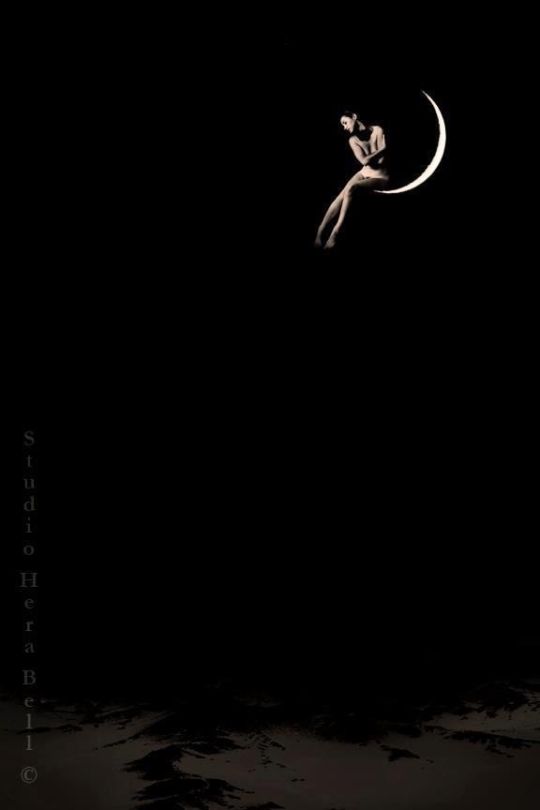letswritesomenovels:
This is going to be a difficult essay to write, mostly because this topic sucks.
I don’t want to write about it. You probably don’t want to read about it. I certainly wouldn’t.
I usually avoid any talk of rejections, because it feels like if I don’t acknowledge its existence, it can’t acknowledge mine either. I use the exact same logic as a child who thinks holding their hands over their face is a great way to hide from someone.
I’m so sorry that happened to you, writer of an article on rejection. But it’s your own fault. You must’ve clicked on some other article about rejection, you sad, sorry little fool.
But rejection isn’t a baskilisk. It’s okay to look at. I promise.
This will also be a little difficult to write because it feels like I’m breaking many unspoken rules of decorum. And that if someone sees it, they’ll go “oh? you hate rejections? IF YOU HATE THE PUBLISHING INDUSTRY, WHY DO YOU WANT TO BE A PART OF IT?” Or else “I saw online that you said ‘someone’ thought your book wasn’t good enough. Well, I have it here in an email I didn’t even send to you that I said that about your book. Now that you’ve betrayed editor-agent-author privilege, you’re officially BLACKLISTED.” Or just that a potential editor will see this and go “oh damn, I was going to buy that project, but everybody else hates that girl’s book, so I should probably pass, too.”
I’ve been on submission with publishers for five months now. I used to know the exact date I went on submission and count by the week, but at this point that would just be painful.
I got close a few times. One editor said that they loved the book. And that they’d sent it on for second reads! (the 2nd step of the buying process.) But they came back nearly two months later to say that they had to pass, because the publishing house already had books like it. Another editor said the entire team at their publishing house had talked about it at length, before coming to the decision that they were going to pass.
I’ve gotten roughly 15 rejections so far. While many editors had many things to say about the problems they had with the actual writing of the book, problems with plot and characterization and etc. The most common rejection I got was the one given were too many similar books on the market. One editor put it most succinctly when they said that my book was good, but it couldn’t compete with the best. (Emphasis mine–words all theirs.)
And so I’ve had to come to terms with a few things, and as I’ve been doing that, I’ve come to this conclusion:
Publishing is a process that involves a lot of people and a lot of variables. It’s dependent on tastes and trends and sales and comps. As an author you have no control over any of that. Whether or not your book is published is not a thing you can just make happen.
What is in my control–and what every writer is in control of–is writing books we’re proud of. Telling stories we think matter. Working on our craft and getting better.
And in order to keep our sanity, we should separate these two things.
While my goal is to be published and see my work on bookshelves, my dream has always been to write a book I was proud of. One of those things is in my control. One is not. And I have accomplished what was in my control.
No number of rejections can take away from me the fact that I wrote a book. An entire book. And edited it a number of times, too. It was a work of sweat and tears and passion, and I am so proud of myself for finishing it. And on a shelf or not, I love the story I wrote.
Publishers still have my manuscript and maybe one of them will fall in love with it. It’s not impossible. But for now, I’m staying focused on what’s in my control now, and that’s finishing a proposal for my next book for my agents.
(Written August 2018)













